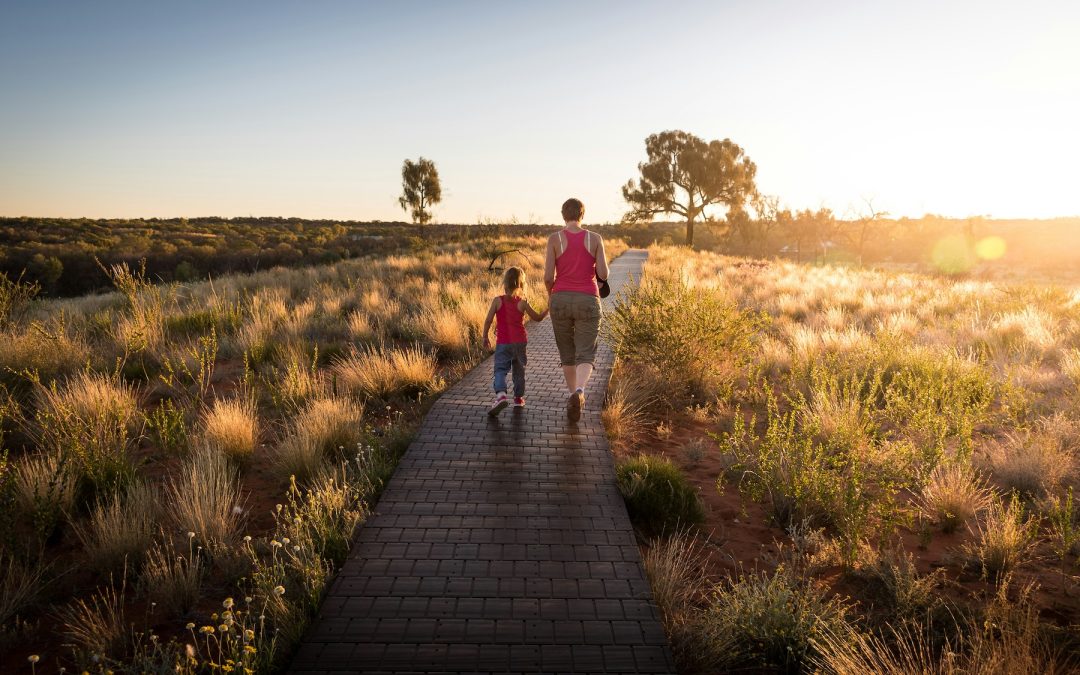For so many neurodivergent children, the outdoors just seems to transform them. The open space and natural environment offer unparalleled sensory experiences.
Yet, according to a 2018 study by the National Trust, children today spend less than half the time outdoors that their parents did.
The benefits of engaging with nature, for all children, are profound. These outdoor experiences enhance children’s creativity, sharpen their focus, and significantly improve their overall well-being. This only highlights the importance of reintegrating nature into their daily activities, and is exactly why outdoor education is such an integral part of the West Hills Academy programming.
Benefits of Outdoor Play
The benefits of outdoor play for neurodivergent children extend far beyond physical health, and significantly impacts both mental wellness and academic performance.
Being outdoors helps to mitigate stress, anxiety, and depressive symptoms, promoting a clearer, more relaxed state of mind. This mental clarity enhances cognitive functions, leading to improved concentration and attentiveness which are critical for academic success.
Studies have consistently shown that children who regularly participate in outdoor play demonstrate better attention spans, stronger problem-solving skills, and higher overall academic achievement. This is because natural settings offer stimulating environments that encourage learning through exploration and interaction.
Activities to Do Outdoors with Your Child
As we enter seasons with warmer weather, try adding some of these educational activities into your free time to promote being outside while at home.
- Nature Collecting and Sorting
This activity involves gathering various natural items like leaves, stones, shells, or pinecones. Your child can choose. After collecting the items, take time to explore different textures, shapes, and colors. Encourage them to use what they’ve noticed to categorize the items by specific criteria.
Use it as an opportunity to build conversational skills as well. Make observations back and forth, ask questions, and comment on each other’s thoughts.
- Science in Nature
Exploring scientific concepts in nature is both educational and engaging. For example, examining seeds helps children understand plant life cycles, and the experience of caring for something outside of yourself.
Similarly, digging holes and observing how water interacts with the soil can teach earth science concepts such as absorption and erosion through hands-on learning experience.
- Sketching and Journaling
Older children can sketch or journal about their outdoor experiences as a more long-term activity. This will enhance their observation skills as well as their creative expression. Do this over a period of time, as they notice changes to trees, flowers, or trails over time.
By documenting what they see, they are experiencing a deeper connection with nature and honing their artistic and writing abilities at the same time.
- Nature Sensory Play
Sensory play in nature involves activities that stimulate the senses, such as walking barefoot on different textures, listening to natural sounds, or playing with water. Experiences such as these help neurodivergent children to integrate sensory information and develop motor skills, while also offering therapeutic benefits like stress reduction.
Encouraging outdoor activities not only caters to unique learning needs but also significantly enhances children’s development across multiple domains. The natural environment serves as a dynamic classroom that enhances sensory experiences, fosters cognitive growth, and nurtures mental wellness.
At West Hills Academy, we believe in outdoor education. Much of our time at school is spent learning outdoors throughout our 18 acres of land. Students grow plants in our greenhouse and gardens, visit with live animals, explore our living pond, learn in outdoor classrooms, and play in recreation areas. To learn more about what our school has to offer, don’t hesitate to reach out.
Resources:
https://www.autismparentingmagazine.com/nurture-structured-outdoor-learning/
https://runwildmychild.com/simple-nature-activities/
https://www.gse.harvard.edu/ideas/usable-knowledge/21/08/make-outdoor-learning-your-plan
https://www.naeyc.org/our-work/families/ideas-exploring-outdoors



